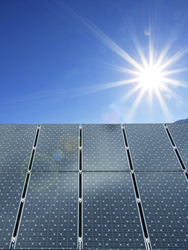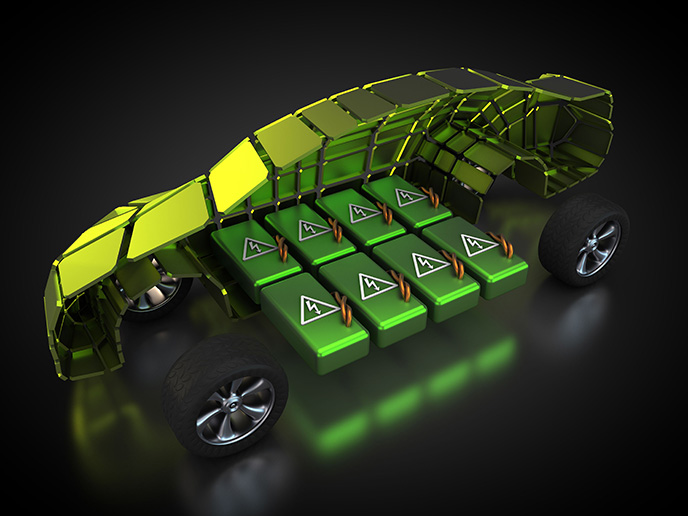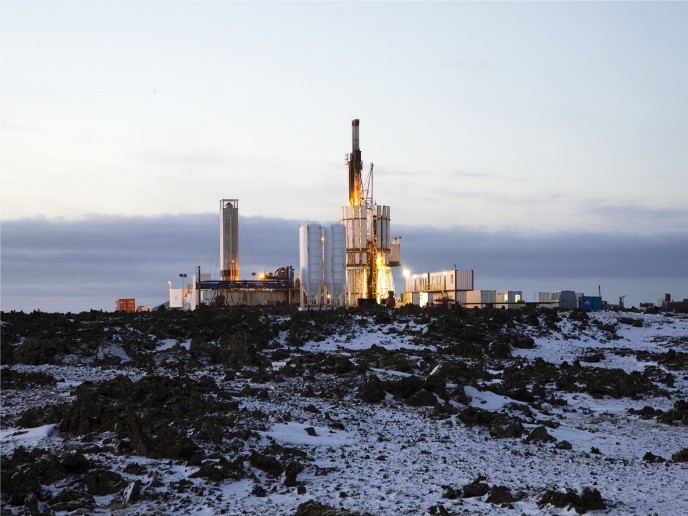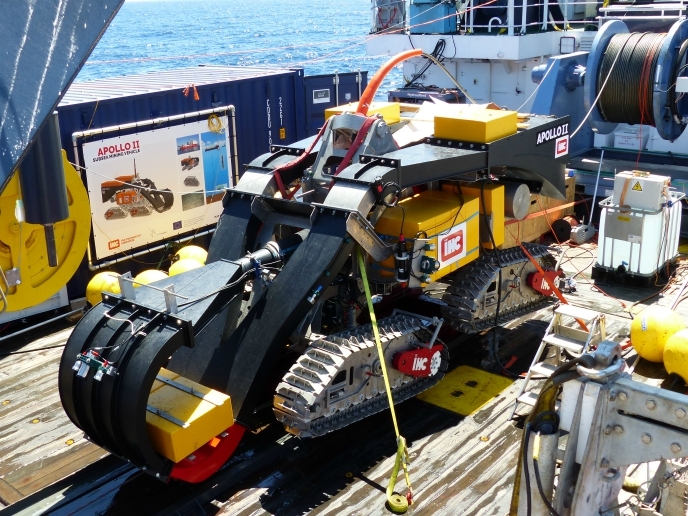Greener and cheaper photovoltaics
PVs are solar cells that have the potential to meet the world's growing electricity needs, if they can compete with the cost of current energy generation. This could be achieved by reducing the cost of these solar cells, increasing their efficiency and reducing their environmental impact. The EU-funded SOLNOWAT project developed a new 'dry' process to reduce the very high level of water consumption by PV manufacturing plants. This will help reduce global warming potential (GWP) emissions, while increasing PV cell efficiency and production levels. Silicon etching is a key technology in the production of PV cells. The dry etching process gives a highly uniform silicon wafer with a surface texture that has low reflectivity and is extremely efficient at absorbing light. The amount of silicon removed to achieve these textures is minimal but resulted in significant cost savings. Project partners created a range of textures and non-contact handling processes that demonstrated the technology's versatility. SOLNOWAT clearly demonstrates the benefits associated with the new PV manufacturing process and disseminated the results to cell manufacturers. All participating small- and medium-sized enterprises increased their level of European collaboration and added significant value through the development of new manufacturing equipment for PVs. New environment-friendly production technologies that comply with European emissions regulations are vital for the continuation of PV manufacturing in the EU. By removing the industry's reliance on high levels of labour, water and GWP chemicals, SOLNOWAT was able to provide a cleaner, greener alternative for solar cell manufacturers.The process also increases high throughput, thereby enabling the solar cell industry to fulfil European targets for implementing technology and improving competitiveness.
Keywords
Solar cell, photovoltaic, global warming potential, silicon etching, silicon wafer, water consumption







